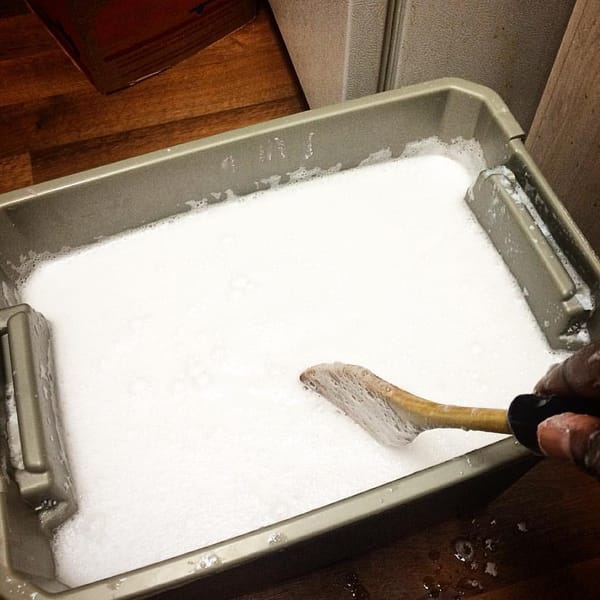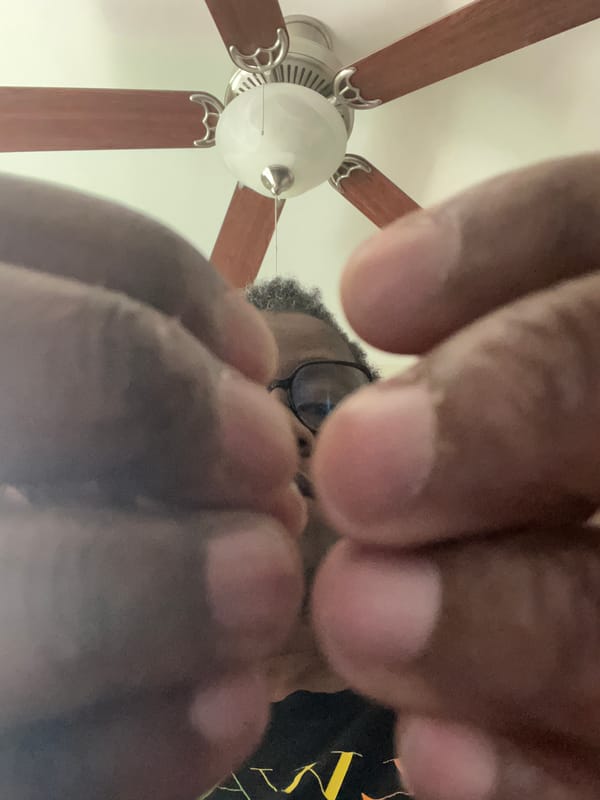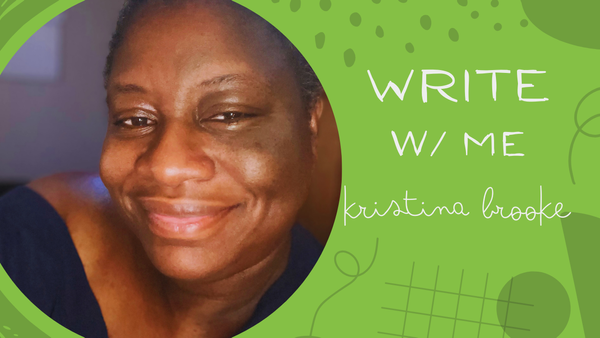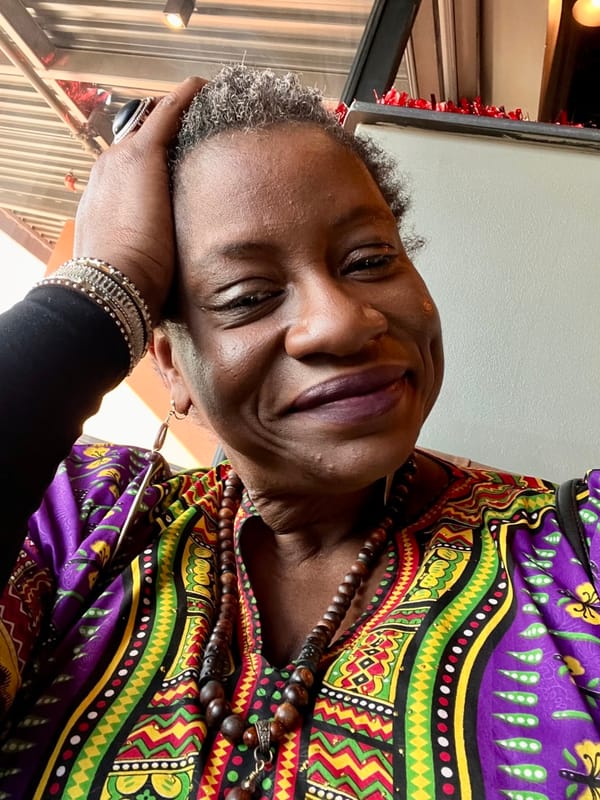[Highlights] A Young People's History of the United States
![[Highlights] A Young People's History of the United States](/content/images/size/w1200/wordpress/2022/07/Young_People_History_United-States-.jpeg)
On the history of choosing violence
Jamestown, Virginia, was the first permanent English settlement in the Americas. It was built inside a territory governed by an Indian chief named Powhatan. He watched the English settle on his land but did not attack. In 1607, Powhatan spoke to John Smith, one of the leaders at Jamestown. The statement that has come down to us may not truly be Powhatan’s words, but it sounds a lot like what other Indians said and wrote at later times. We can read Powhatan’s statement as the spirit of what he thought as he watched the white men enter his territory: I know the difference between peace and war better than any man in my country. Why will you take by force what you may have quietly by love? Why will you destroy us who supply you with food? What can you get by war? Why are you jealous of us? We are unarmed, and willing to give you what you ask, if you come in a friendly manner, and not so simple as not to know that it is much better to eat good meat, sleep comfortably, live quietly with my wives and children, laugh and be merry with the English, and trade for their copper and hatchets, than to run away from them, and to lie cold in the woods, and feed on acorns, roots, and such trash, and be so hunted that I can neither eat nor sleep.
A Young People’s History of the United States, Kindle Location 298
On the history of kidnapping and separating families
In the winter of 1609-1610, the English at Jamestown went through a terrible food shortage they called the “starving time.” They roamed the woods looking for nuts and berries, and they dug up graves to eat the corpses. Out of five hundred colonists, all but sixty died. Some of the colonists ran off to join the Indians, where they would at least be fed. The next summer, the governor of the colony asked Powhatan to send them back. When he refused, the colonists destroyed an Indian settlement. They kidnapped the queen of the tribe, threw her children into the water and shot them, and then stabbed her.
A Young People’s History of the United States, Kindle Location 308
On kindness vs punishment
It was said that the Mohawks were kinder to children and that females were respected as the equals of males. Where European parents considered physical punishment essential, the Native Americans believed that children should be “reproved with gentle words,” and that corporal punishment would weaken character and make children submissive. In Native American cultures, the goal was to imbue children with independence and courage.
A Young People’s History of the United States, Kindle Location 325

Metadata
- Author: Howard Zinn and Rebecca Stefoff
- Full Title: A Young People’s History of the United States
- Buy: Amazon




